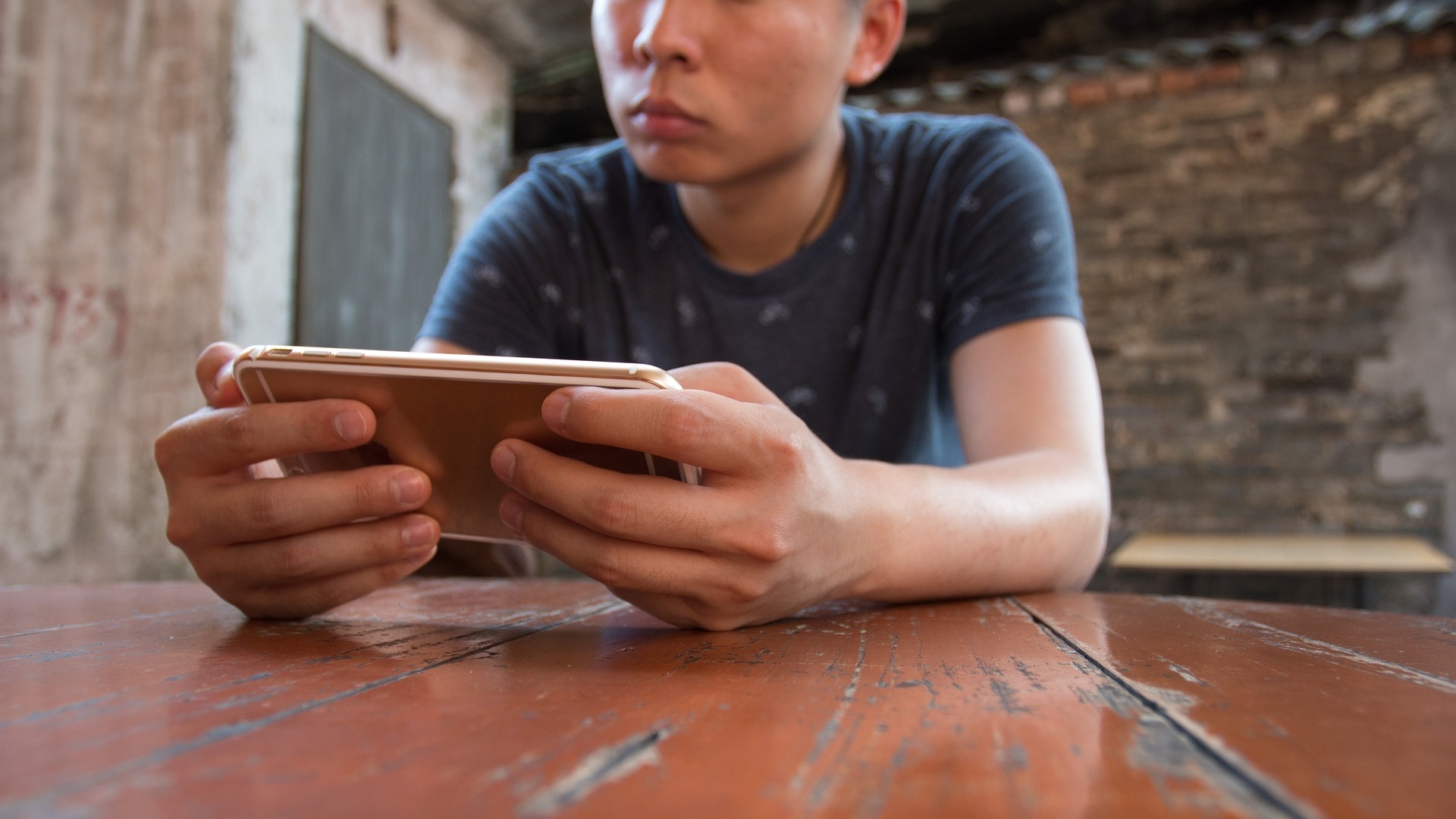- A study looking at the effects of mobile gaming on a child’s eyes has revealed very little.
- At most an hour of mobile gaming slows down blinking and causes some discomfort, but more research needs to be done.
- This is especially important give this study only looked at 36 children from one region.
Another day, another thing for parents to use to pry their kids away from panes of glass. A recent study of Australian children has revealed that an hour of mobile gaming can slow down blinking significantly and induce dry eye symptoms.
It’s the sort of fact that sounds concerning enough to warrant news coverage but just how concerned should parents be?
The study Smartphone gaming induces dry eye symptoms and reduces blinking in school-aged children was published in Eye by Ngozi Charity Chidi-Egboka, Isabelle Jalbert and Blanka Golebiowski in December 2023. The study looked to assess the impact of mobile gaming on a child’s eye.
So far so good.
The researchers recruited 36 children between the ages of 6 and 15 years to play games including Despicable Me: Minion Rush and Racing Penguin on an iPhone 5 for an hour.
Before gaming participants were fitted with an eye-tracking headset that monitored their blink rate, researchers also assessed tear film function before and after gameplay. Additionally, participants were asked to complete three questionnaires: the Instant Ocular Symptoms Survey, The Symptoms Assessment in Dry Eye, and the Numerical Rating Scale for eye symptoms.
The big problem here is the size of this study. With just 36 children studied, this sample is not even close to indicative how the majority of children in the 6 – 15-year-old age group would react to an hour of mobile gaming. For reference, there are over a billion children in this age group worldwide.
The study did note that blinking slowed to a third of what it would be while not gaming but there was no notable change in the tear film function. The decrease in blinking is understandable given that the child’s attention was on games that demand constantly looking for obstacles and other items on screen.
Some of the children did indicate their eyes were uncomfortable after an hour but we’d argue that a young child would be uncomfortable after an hour of doing anything.
“Given the ubiquitous and rapidly rising use of smartphones by children globally, a better understanding of their ocular surface effects in this younger population will help to mitigate potential adverse impacts in the long term,” the researchers posit.
“Knowing that hours of smartphone use in the real world are longer than the short-term (one hour) intervention in the present study, it is reasonable to consider that the ocular symptoms and blink effects reported herein will persist or get worse over a longer term, causing cumulative damage to the ocular surface. Children may thus be at risk in the longer term of developing ocular surface disease and dry eye from excessive use of smartphones. This research demonstrates the rapid impact of screen viewing on eye health in children and these findings can help to inform recommendations for use of digital devices, including smartphones, by children,” the authors conclude.
We don’t want to rag on this study too much as the authors note that additional research needs to be conducted in this field and that is important, especially when it comes to preserving a child’s eyesight. Unfortunately, that’s about all that came from this study though so its important to treat any claims that mobile gaming is damaging your child’s eyesight, with a degree of skepticism.
Of course, this isn’t permission to let your child spend hours playing mobile games either. Moderation is a good approach to most things, especially things that could negatively affect your child later on in life.

